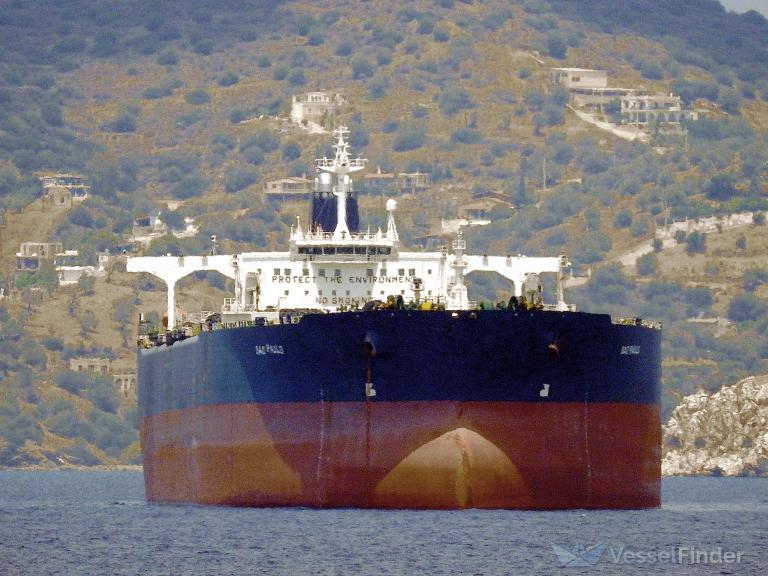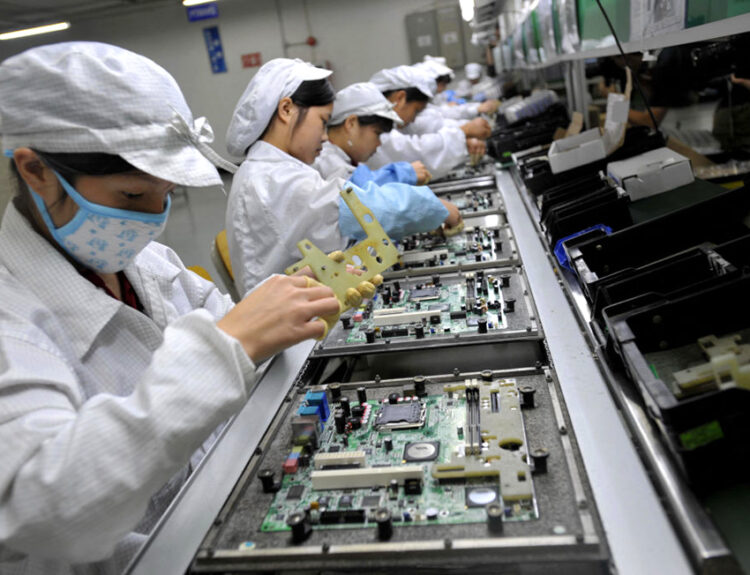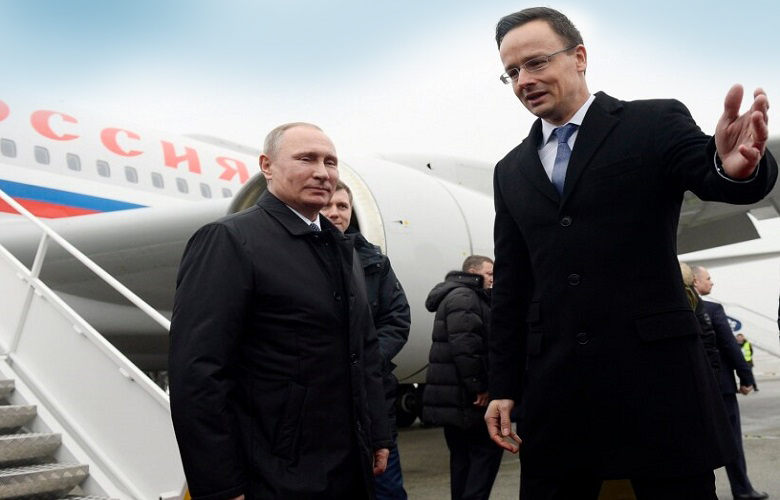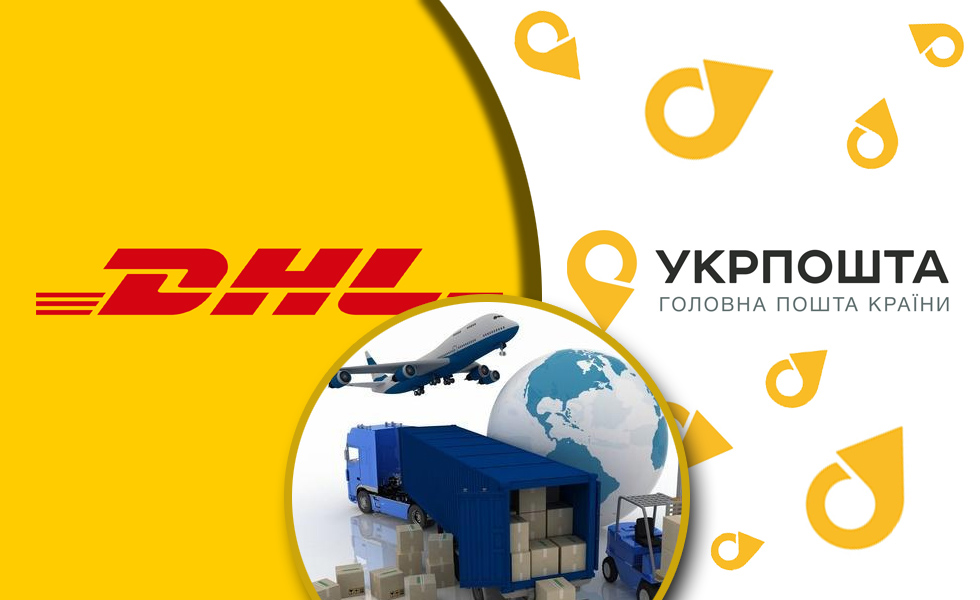The EU is preparing its 15th package of sanctions against Russia in response to its war against Ukraine. The United States is also working on additional sanctions against Russia, while Canada has imposed sanctions on Belarus’ military-industrial complex for arming Russian aggressors. Ukraine is increasingly questioning the effectiveness of existing sanctions, as more information emerges about a global network enabling Russia and its partners to circumvent these measures. The new EU sanctions package is unlikely to be implemented swiftly, but it may at least be more effective. Current sanctions against Russian oil exports at high market prices and against Russia’s import of dual-use goods remain largely ineffective.
August typically brings a slowdown in government and parliamentary activity, but this is not the case for Ukraine or the ongoing war. Kyiv is increasingly vocal about the effectiveness of existing sanctions and the need for new ones. There is growing discussion among experts that the recent Ukrainian long-range drone strikes on Russian oil facilities are a result of the weakness of international sanctions against Russian oil exports.
Ukraine is actively pushing in three key areas: limiting Russia’s revenue from the export of energy and raw materials, restricting Russia’s access to the import of sensitive goods (such as microelectronics, equipment, materials, and technologies used by Russia’s military-industrial complex), and imposing restrictions on Russian financial institutions. The third area is not independent but is rather necessary to achieve real results in the first two.
Oil Under the Table
In response to Kyiv’s efforts, Russia is heavily investing in lobbying for the reduction, repeal, and evasion of sanctions. They are employing every tactic, from statements by recently released Russian “opposition” figures advocating against broad sanctions to publications in specialised journals. It is hard to believe that an article in the respected Lloyd’s List journal on the environmental consequences of using the so-called “shadow fleet” is serving a Kremlin agenda. The authors are likely genuinely concerned about the environmental impact, but the article’s tone and focus on environmental consequences, rather than their causes, is striking.
Equally impressive is the powerful multi-week social media campaign supporting the conclusion that sanctions are responsible for environmental consequences. This narrative suggests that the implementation of sanctions, rather than the violation of them, is the problem.
The scale of the “shadow” tanker fleet can be understood from research by Michelle Wiese Bockmann, which shows that approximately 90% of Russian oil exports in July 2024 were shipped from Russian ports without strict adherence to the $60 per barrel price cap. This was partly due to the fact that two-thirds of July’s shipments were loaded onto the “shadow” fleet—older tankers owned by dubious operators. Of the 109 tankers loaded with Russian oil in Russian ports in July, only nine had P&I insurance from the International Group of P&I Clubs, which is supposed to monitor compliance with the G7-imposed price cap of $60 per barrel.
However, even the presence of such insurance does not guarantee compliance with the price cap, as revealed by Reuters. The agency’s investigation found that insurers often rely on the assurances of carriers rather than on actual contract figures. This suggests that these insurers or mutual insurance clubs may be facilitating the circumvention of price caps on Russian oil exports.
Moreover, there is another method of evading price caps: the use of terminals in the Black Sea, where oil from the Caspian Pipeline Consortium is loaded. Reports indicate that to avoid restrictions, a mixture of Russian and Kazakh oil is loaded onto tankers at these terminals.
These are just a few examples of the numerous episodes surrounding the sanctions against Russia.
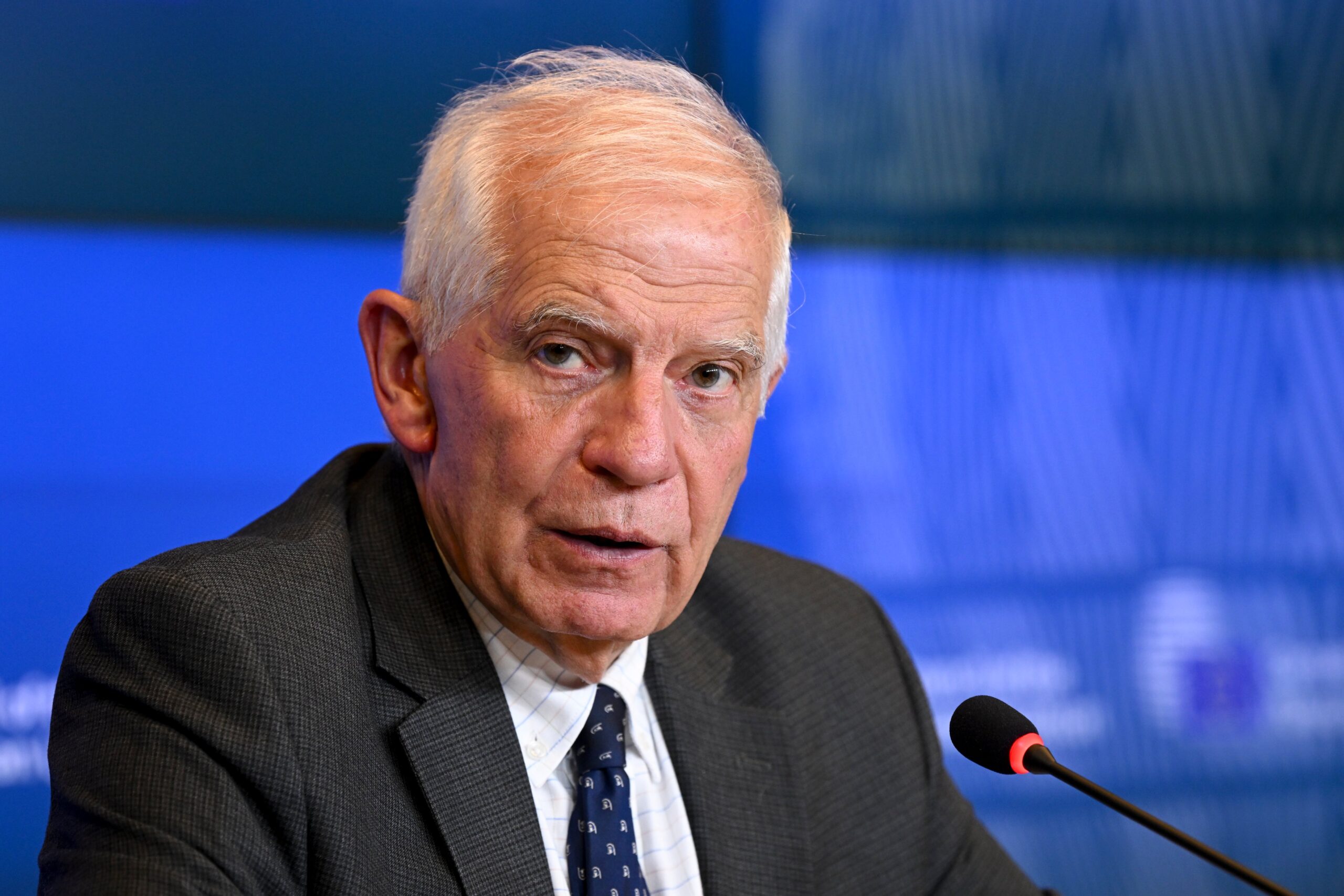
Photo: EU High Representative for Foreign Affairs and Security Policy Josep Borrell said that the 15th package of sanctions would be powerful. Source: X (formerly Twitter) Josep Borrell
The EU Gears Up for the Fight
Immediately after approving the 14th package of sanctions against Russia on 24 June 2024, the EU began discussing the development of a 15th package. Work on the 14th package took four months—one of the longest periods, surpassed only by the six months spent on the 12th package. On the same day, the EU High Representative for Foreign Affairs and Security Policy, Josep Borrell, announced which sectors the new sanctions against Russia would target. Borrell noted that the 15th package would focus on the military-industrial complex, as well as the financial and energy sectors.
The financial sector’s “homework” remains incomplete after two and a half years. Russian subsidiaries of financial groups Raiffeisen (Austria), OTP (Hungary), and Unicredit (Italy) are the undisputed leaders among foreign-capital banks in assisting the Putin regime with export-import operations. They also pay record sums in taxes to the Russian budget, which funds the killing of Ukrainians.
In the energy sector, the issue of importing gas from Russia to the EU remains unresolved, whether through pipelines or via sea transport of liquefied natural gas (LNG). While EU countries have significantly reduced their financial contributions to the Russian budget by cutting back on Russian gas consumption, they have not completely halted these imports, even though it is technically feasible.
There are also enormous opportunities in taking measures against European insurers, who should be forced to properly monitor their clients’ transactions. Currently, the situation is rather shaky, allowing Russians to easily circumvent restrictions on the price of oil exports.
Finally, there is an urgent need to rigorously control the import of sensitive goods (such as microelectronics, equipment, materials, and technologies) that are being acquired for Russia’s military-industrial complex. However, a sufficient flow of components continues to reach Russia, enabling the production of missiles, tanks, aircraft, drones, and other weapons. Ukrainian forces regularly display Western components found in the remnants of Russian missiles and other military equipment.
Indeed, the flow of these goods is gradually narrowing due to secondary sanctions—restrictions imposed on countries, companies, and individuals that help Russian companies evade sanctions. For example, such sanctions were included in the EU’s 14th package, as well as in the latest sanctions packages from the United States and Canada, which were introduced on 9 and 13 August, respectively.
However, most sanctions in the field of sensitive goods imports, unfortunately, remain targeted or even individual, meaning they apply to specific companies. Russian military forces easily circumvent these restrictions. The solution seems to lie in implementing sectoral sanctions, with a blanket ban on the import of certain groups of goods and technologies to Russia, along with severe penalties for companies from any country that assist in evading such bans. As the saying goes, “We have tried every possible measure except the right one.” It is time to impose truly effective sanctions.
Source: The Gaze


